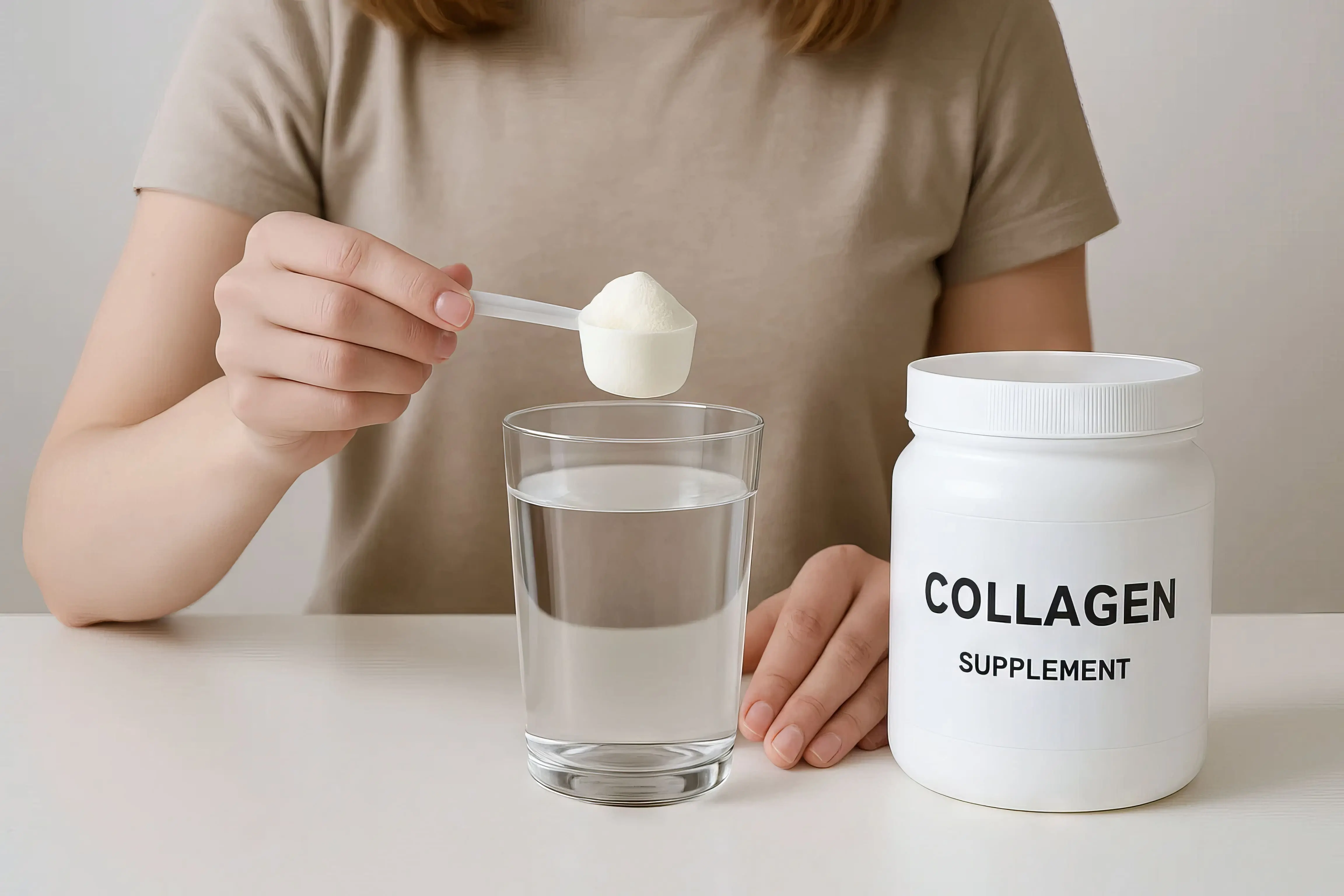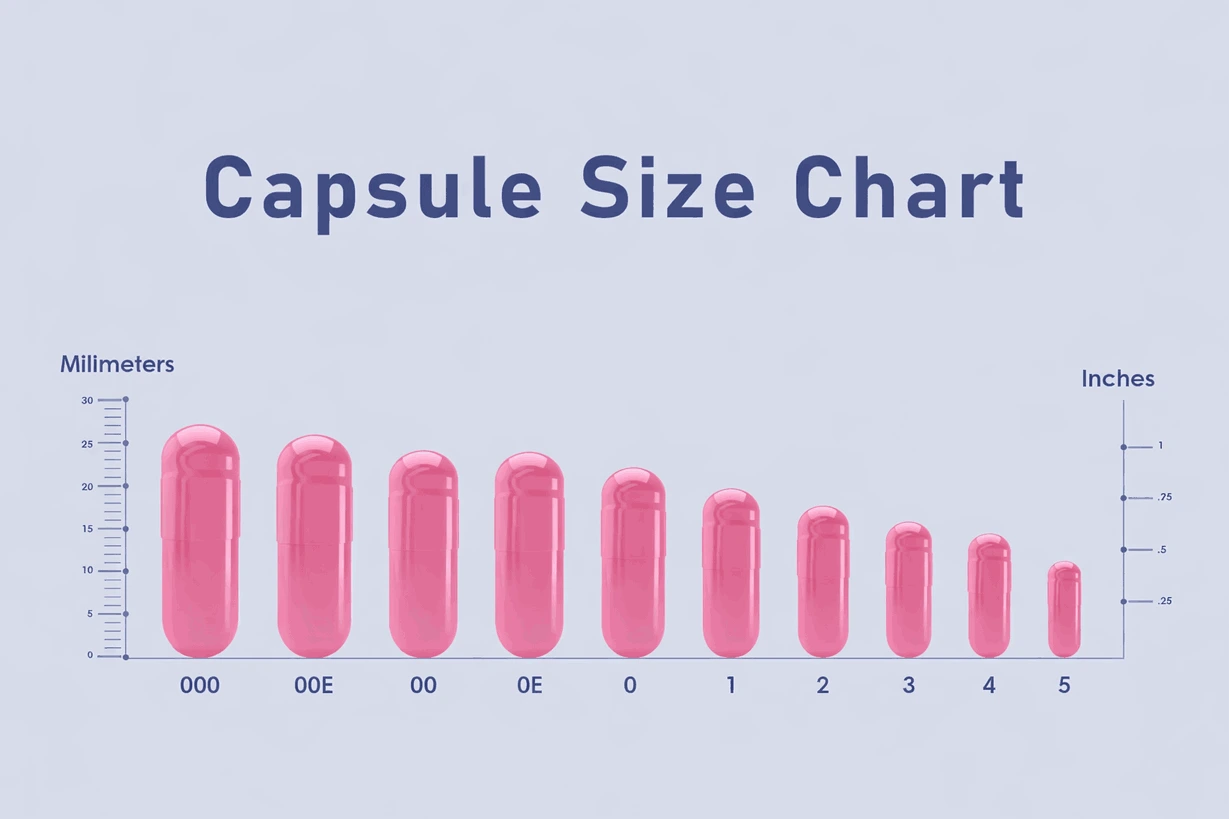Do Vitamin Supplements Expire? A Guide to Shelf Life and Safety

Are those bottles of vitamins in your cabinet still good to use, or have they passed their prime? While vitamins are a common addition to many households for boosting nutrient intake, understanding their shelf life is essential. The longevity of these supplements and the factors influencing their potency over time play a crucial role in maintaining their effectiveness. Although the FDA does not mandate expiration dates for dietary supplements, most manufacturers provide them to reflect declining strength. This guide explores how long vitamins last, optimal storage practices, and safe disposal methods to ensure your family's well-being.
Key Takeaways
- Expired Vitamins Aren’t Dangerous, But They May Be Ineffective: While most expired vitamins are not harmful, their potency significantly decreases over time—meaning you may not receive the full health benefits. It's best to replace outdated supplements for optimal nutritional support.
- Proper Storage Greatly Extends Supplement Shelf Life: Heat, moisture, light, and air can degrade vitamin effectiveness. To preserve potency, store vitamins in cool, dry, dark places using airtight, original packaging—ideally in dark-colored containers.
- Safe Disposal Protects Health and the Environment: Never flush expired vitamins. Instead, use local take-back programs or seal them with coffee grounds in the trash to prevent misuse and environmental contamination. Responsible disposal helps ensure safety and sustainability.
Do Vitamin Supplements Expire? A Guide to Shelf Life and Safety
Vitamin supplements, like any consumable product, have a shelf life after which they may degrade in quality and effectiveness. While they don't spoil in the same way food does, their potency can diminish, affecting the health benefits they provide. It is crucial to monitor expiration dates and storage conditions to ensure you’re getting the most out of your vitamins. Understanding these factors can help maintain their efficacy and safeguard your health over time. Proper knowledge of storage and expiration can lead to a healthier and more informed approach to your supplement routine.
What You Need to Understand About Vitamin Expiration
Vitamin expiration refers to the decline in potency and effectiveness of supplements over time. Unlike food, vitamins don't go bad or become hazardous past their expiration date, but they may no longer offer the desired health benefits. Factors such as storage conditions, supplement format, and packaging materials influence this degradation. Always check the expiration date on the label, as this date reflects the manufacturer's estimate of how long the supplement will retain its full potency. By heeding these dates, you can be confident that your supplements are both safe and effective.
Key Factors Factors Affecting Shelf Life of Supplement
Temperature
Temperature plays a significant role in the shelf life and stability of vitamins in supplements. High temperatures can accelerate the degradation process, rendering vitamins less effective. It's advisable to store supplements in a stable, cool environment away from heat sources, such as ovens or direct sunlight. This precaution can help preserve their potency over an extended period and ensure that you’re receiving the intended benefits from each dose.
Different Supplement Formats
Supplement formats, such as tablets, capsules, powders, or liquids, can affect shelf life and stability. Tablets and capsules often have longer shelf lives due to their protective coatings, while powders and liquids may degrade faster if exposed to air and moisture. Understanding these differences helps you choose formats that suit your storage conditions and consumption rate, ensuring that your supplements remain effective throughout their intended lifespan.
Moisture
Moisture can significantly impact the quality and effectiveness of vitamin supplements, including multivitamins. Exposure to high humidity can lead to breakdown and clumping, particularly in powders and tablets. To prevent this, store supplements in a dry environment, preferably away from kitchens and bathrooms, where humidity levels are often higher. Maintaining a moisture-free storage space can help keep multivitamins stable and potent.
Light
Exposure to light, especially sunlight, can degrade certain vitamins and reduce their strength over time. Light-sensitive supplements, like those containing Vitamin A or fish oils, are particularly vulnerable. Storing your vitamins in a dark place, such as a cupboard or drawer, or in dark-colored containers can help protect them from light and oxygen exposure, maintaining their efficacy.
Packaging
Packaging plays a critical role in maintaining the shelf life of vitamin supplements. High-quality, airtight packaging solutions help protect supplements from air, moisture, and light, thus preserving their potency. It's best to keep vitamins in their original containers and ensure they are securely closed after each use. Packaging with desiccants or moisture-absorbing packets can further safeguard supplements against degradation.
Follow these Best Practices for Storing Supplements
Keep in Airtight Container
Storing tablet vitamins in airtight supplement bottles or containers minimizes exposure to air and moisture, both of which can degrade supplements. Airtight containers help preserve potency and prolong shelf life. This simple practice is especially beneficial for open bottles and loose capsules, ensuring that your vitamins remain effective and safe over time.
Store in a Dry & Cool Environment
Storing supplements in a dry and cool environment is essential for preserving their potency. For potency storage tips, avoid areas with fluctuating temperatures or high humidity, such as kitchens and bathrooms. Instead, opt for a closet or pantry to ensure they remain effective over time. Consistent conditions help maintain the integrity and safety of your vitamins.
Prefer Darker Containers
Using darker containers can help protect vitamin supplements from damaging light exposure. Light can degrade certain nutrients, reducing their effectiveness and failing to meet your nutrient needs. Dark or opaque containers shield your vitamins, ensuring they retain their potency. This storage method is particularly useful for light-sensitive supplements, keeping them effective and safe to consume, thus helping to satisfy your nutrient needs.
Do Vitamins Expire? What You Need to Know About Taking Them After Expiry
Vitamins may lose efficacy after their expiration date, meaning they might not deliver the intended health benefits. While taking expired supplements is generally not harmful, they may not be as effective. Consider the specific type of vitamin and storage conditions; some retain potency longer than others. It’s recommended to replace expired vitamins with fresh ones to ensure you're receiving optimal nutritional support. Opt for reputable sources, such as a dietary supplement manufacturer, to guarantee quality and safety in your new purchases.
Best Practices for Disposing of Expired Vitamins
Proper disposal of expired vitamins is crucial to prevent environmental harm and misuse. Begin by checking local guidelines, as some areas have specific requirements for pharmaceutical waste. If no such guidelines exist, mix vitamins with unpalatable substances like coffee grounds before sealing them in a plastic bag and disposing them in the trash. Avoid flushing them down the toilet or sink as they can contaminate water sources. Utilizing dedicated take-back programs, when available, offers a safe and eco-friendly disposal option, ensuring expired vitamins are handled responsibly.
Final Thoughts
Understanding the shelf life and proper storage of vitamin supplements is crucial for maintaining their efficacy and ensuring your health. Expired vitamins may not be harmful but can be less effective in providing the expected nutritional benefits. By adhering to best practices for storage, such as keeping them in airtight and dark containers, and understanding the impact of temperature and moisture, you can ensure that your supplements remain potent. Regularly checking expiration dates and replacing outdated vitamins with products from a reputable dietary supplement manufacturer guarantees you receive safe and effective nutritional support. Stay informed and prudent to make the most of your wellness regimen.
FAQs
How long do vitamins remain effective after their expiration date?
Vitamins may remain effective for a few months past their expiration if stored properly, but potency declines over time. Factors like storage conditions and vitamin type influence this duration. Always check effectiveness before use and consider replacing them for full benefits.
Do all vitamins expire at the same time?
No, vitamins do not expire at the same time. Different types and formats have varying shelf lives due to their composition and packaging. While some maintain potency longer, others degrade more quickly. Always check the specific expiration date provided by the dietary supplement manufacturer.
Can supplements be safe but less effective after expiration?
Yes, supplements can be safe but less effective after expiration. They may no longer provide the intended health benefits despite being non-toxic. Potency diminishes over time, so it's best to replace them to ensure optimal results and nutritional support.



.png)



















.webp)

.gif)


